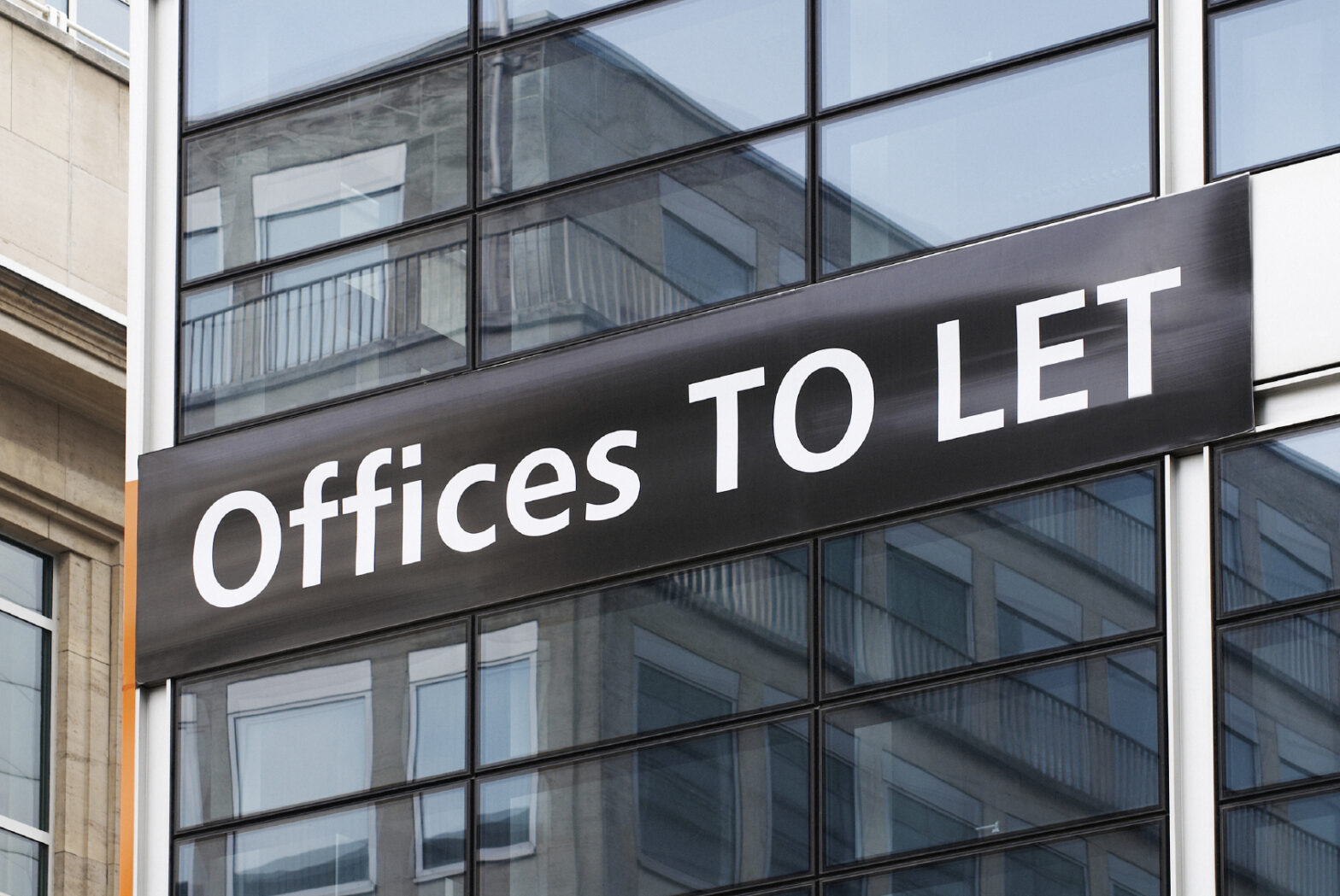Being tied in to a long-term conventional lease can harm a business because of the lack of flexibility and unexpected costs posed, but with serviced offices you only pay for the space you use, and can expand, or contract, at very short notice.
While there may be good deals available with conventional office leases – for example, you might be able to get a substantial discount on the last five years of someone else’s lease – there are still a number of costs that could reduce flexibility and damage cash flow.
Conventional leases can come with high start-up costs and additional services and facilities need to be added to the final bill – such as receptionists and security. Even a relatively short lease (five years) could reduce flexibility should the company want to expand or contract.
Measurable costs
Being ‘all-inclusive’ is a big benefit of serviced offices as the tenant pays a fixed monthly cost and no administrative charges. It is the centre manager who is responsible for the running of the offices, leaving the tenant free to concentrate on the core business.
A monthly fee can also help small businesses with their cash flow management, as companies using serviced offices can arguably budget more easily.
What’s included
With serviced offices the IT infrastructure is provided for you. While most tenants will need to provide their own computers, it is the serviced office providers who are responsible for managing and maintaining the IT network.
Furniture is usually included as part of your rental package, but if you have your own (possibly left from a previous office) or require specific designs (such as more traditional or more modern furniture) this can often be accommodated.
Most office providers are flexible in terms of how you arrange the space you use and will work with you to design the space, whether you prefer an open-plan arrangement of desks or require smaller closed offices for private meetings.
The case for serviced offices
Millions of pounds are wasted by UK businesses each year on office space they do not use. There are innumerable companies up and down the country committed to large overheads for office spaces that don’t match their business requirements. Mark Dixon, CEO of Regus, takes a look at business savvy office space alternatives.
When a business is starting up, cost control and cash flow management are key and office space represents a large slice of their fixed costs. But for new businesses, it’s easy to get caught up in the excitement of starting a new enterprise and commit to an office that might not be right for their business needs.
Office space checklist
Before deciding what sort of office space your business needs, there are some key questions you need to answer:
- Location – do you need to be in the centre of town? Where are your clients located? How important is accessibility, by car and by public transport?
- Image – how important is it that you present an ‘up-market’ image to your customers? What is the value to your business of having an office in a prestigious building or address?
- Employee motivation – what impact will the location and conditions of your new office have on your current and future employees?
- Fit-out requirements – do you need an unfurnished space? What telecoms and IT infrastructure do you need?
- Ability to expand – how much physical space do you need at present (you can expect to need around 100 sq ft per employee)? How much are you likely to need next year or the year after?
- Cost and commitment – what are the real costs involved? With leases, how long are you tied in and what are the expected rent reviews?
Usually located inside business centres with a range of facilities and services available, such as meeting rooms, serviced offices offer growing businesses a stepping stone approach rather than jumping in at the deep end. What’s more, there is no up-front capital investment required and no fit-out delay as most serviced offices come fully equipped.
Another key benefit of serviced offices is the cost savings afforded by the short, simple licence agreement as opposed to a traditional lease. Licence agreements are usually only a couple of pages and have simple terms and conditions attached, a bit like a car rental agreement. Traditional leases can vary from 30 to 100 pages, requiring considerable time and money in the form of a solicitor.





